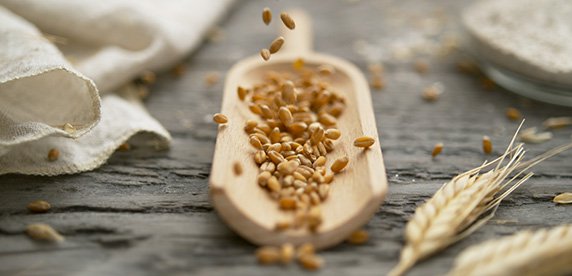A study of over 16,000 people across the globe by Nestlé Breakfast Cereals reveals that there is significant confusion over how much whole grain we should consume every day and where to find whole grain in foods.
Although more than eight in 10 people believe it is important to eat whole grain, there are misperceptions about which foods contain whole grain.
One in 10 think bananas contain whole grain, while nearly one in five believe it is typically found in white bread.
There is also a perception that whole grain can be found in seeds and nuts.
Whole grain is an important part of a balanced diet.
The World Health Organization recommends an increase in whole grain consumption with more intake of fruits, vegetables, legumes and nuts for the prevention of chronic disease.
Higher consumption of whole grain has been associated with a reduced risk of heart disease, obesity, type-2 diabetes and bowel cancer.
Since 2003, Nestlé Breakfast Cereals has made whole grain the number one ingredient in most of its cereals, adding 28 billion serves of whole grain to people’s diets, reduced sugar by up to 30% and removed 8,000 tons of salt.










